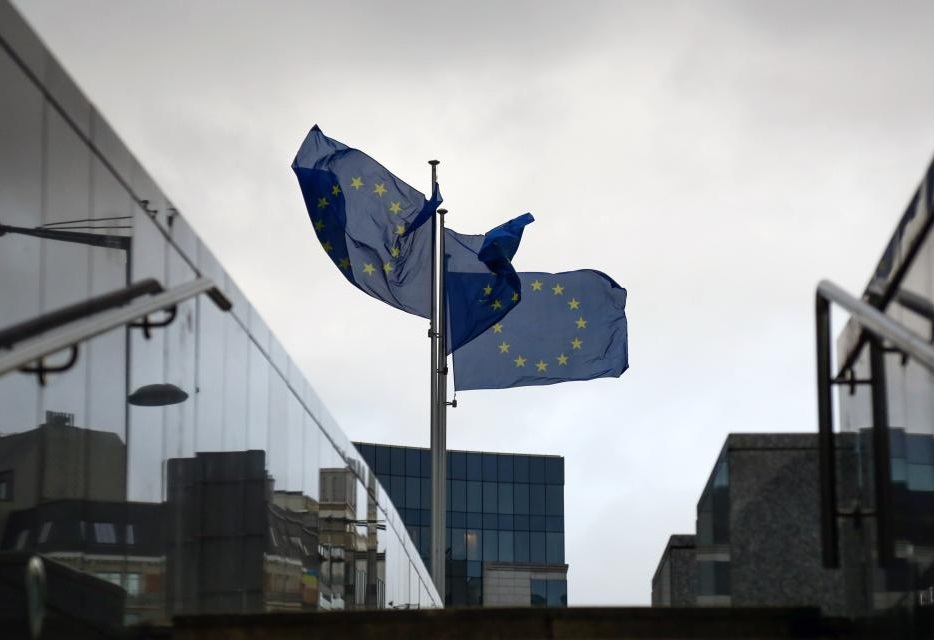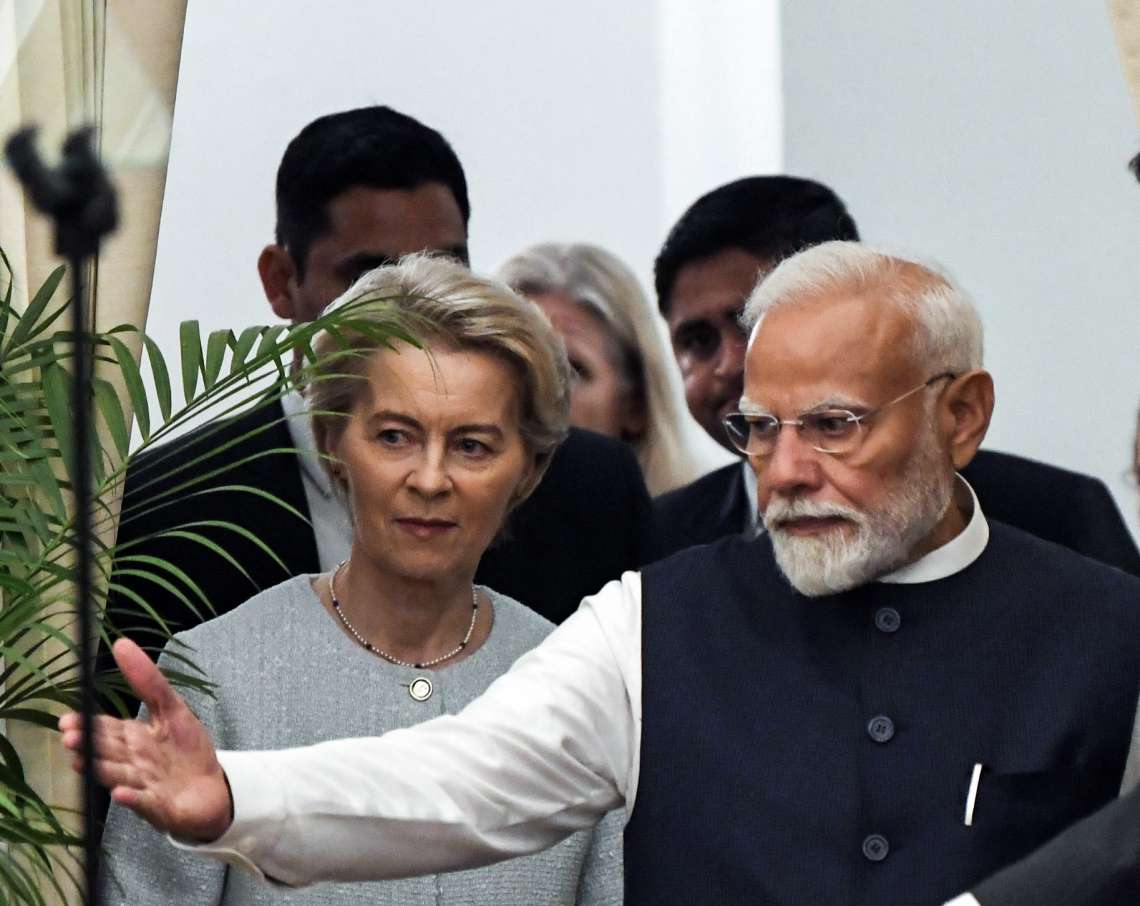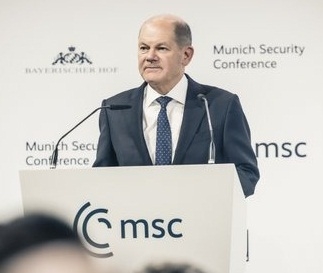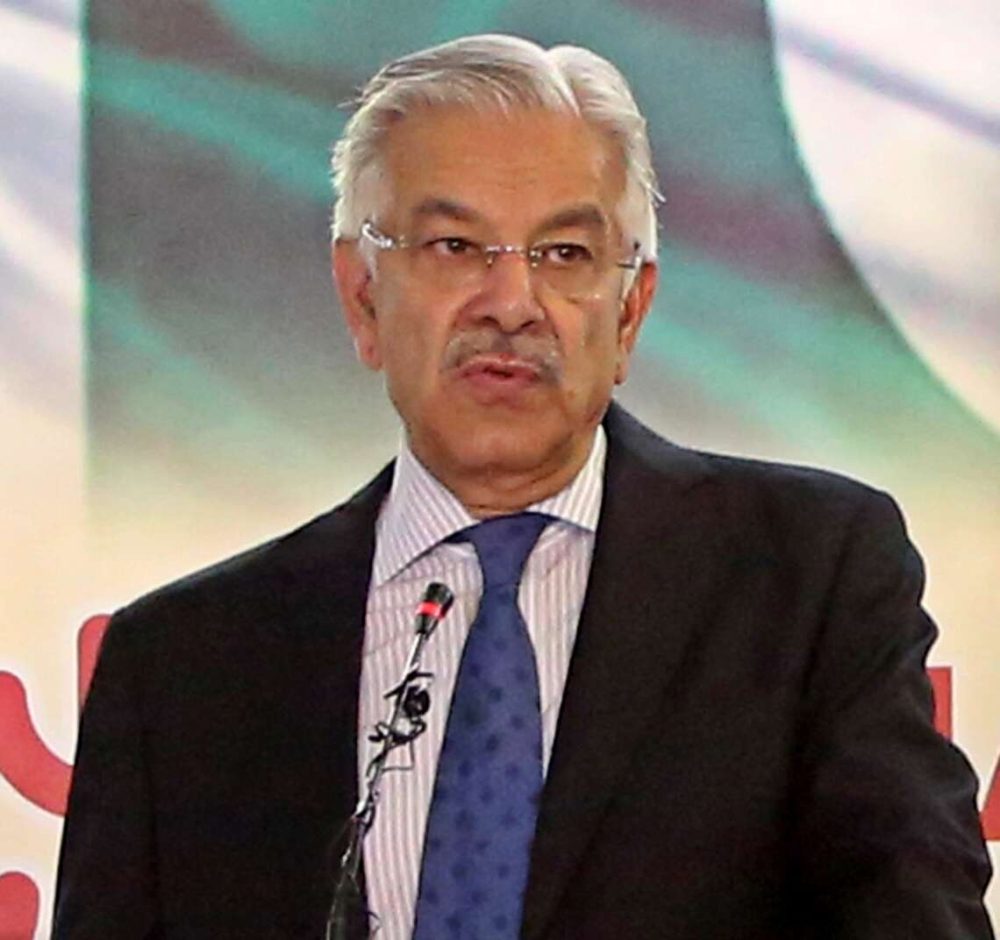The EU member states should adjust their fiscal policies to focus on medium-term debt sustainability and on boosting growth in a sustainable and inclusive manner, according to the guidance…reports Asian Lite News
The general escape clause, which allows the member states of the European Union (EU) to temporarily deviate from parts of the Stability and Growth Pact’s preventive and corrective arm, will be deactivated at the end of 2023, Paolo Gentiloni, European commissioner for economy, has said.
The clause was activated in March 2020 during the first weeks of the Covid-19 pandemic. “We believe the time has come to confirm the withdrawal of the clause at the end of this year. The European economy has recovered beyond its pre-pandemic level and has overcome the acute phase of the energy price shock,” he said.
According to the European Commission’s Fiscal Policy Guidance for 2024, the clause is to be deactivated at the end of 2023. This will lead to the return of country-specific recommendations on fiscal policy for 2024 that will be issued in May.
These will include a quantitative requirement as well as qualitative guidance on investment and energy measures, according to the Commission, and will be consistent with the criteria proposed in the Commission’s orientations, while also remaining consistent with the current legislation under the Stability and Growth Pact.
The EU member states should adjust their fiscal policies to focus on medium-term debt sustainability and on boosting growth in a sustainable and inclusive manner, according to the guidance.
The guidance seeks to inform the EU member states’ preparation of their stability and convergence plans with the aim of keeping their budget deficit below 3 percent of gross domestic product (GDP) over the medium term.
The Commission will continue to emphasise public investment in its country-specific recommendations on fiscal policy. All member states should continue to protect nationally financed investments and ensure the effective use of EU funds, in particular for the green and digital transitions.
The phasing out of energy measures that were designed to cushion the impact of skyrocketing prices on households and businesses last year is also part of the Fiscal Policy Guidance for 2024. These should be reduced by making them more targeted.
In light of the “persistently high uncertainty for the macroeconomic and budgetary outlook at this juncture”, the Commission considers that a decision on whether to place member states under the excessive deficit procedure should not be taken this spring, but procedures will resume in spring next year on the basis of 2023 data.
ALSO READ-Germany ramps up funding for UN entity for gender equality














